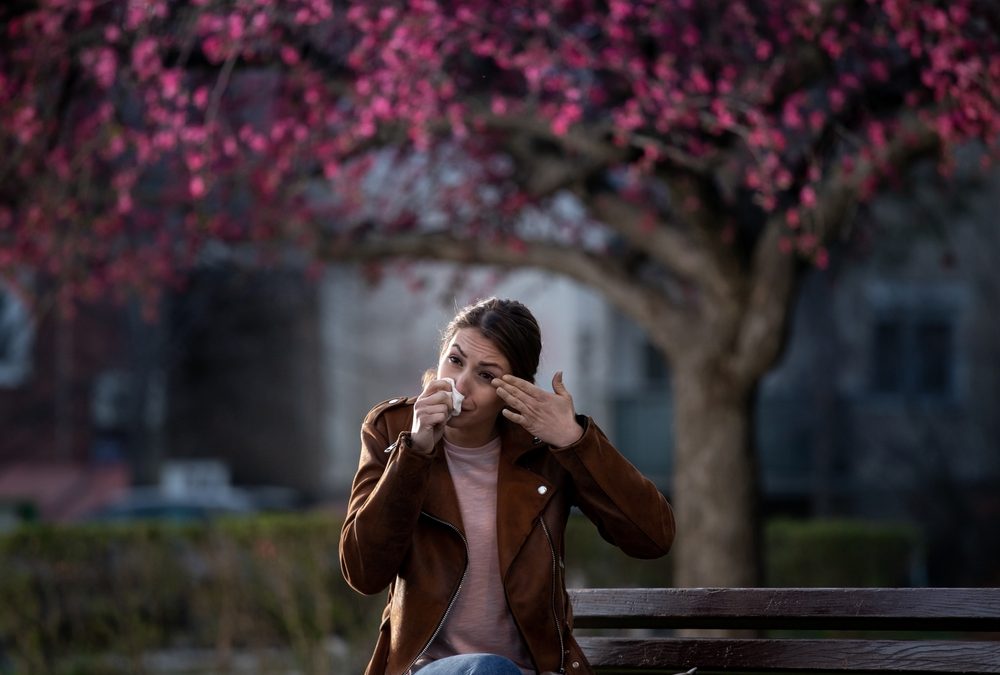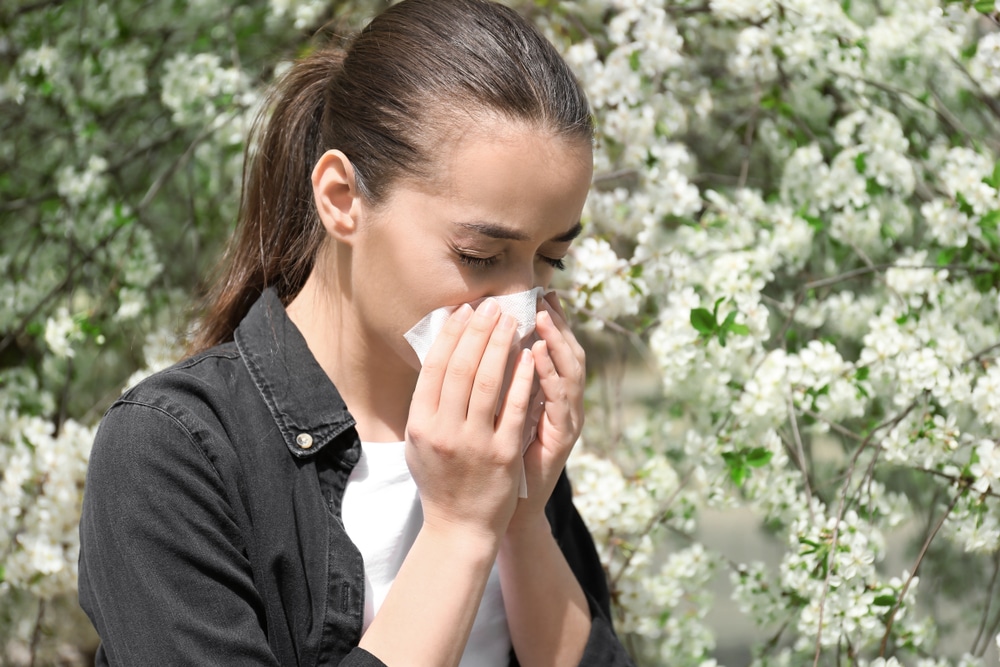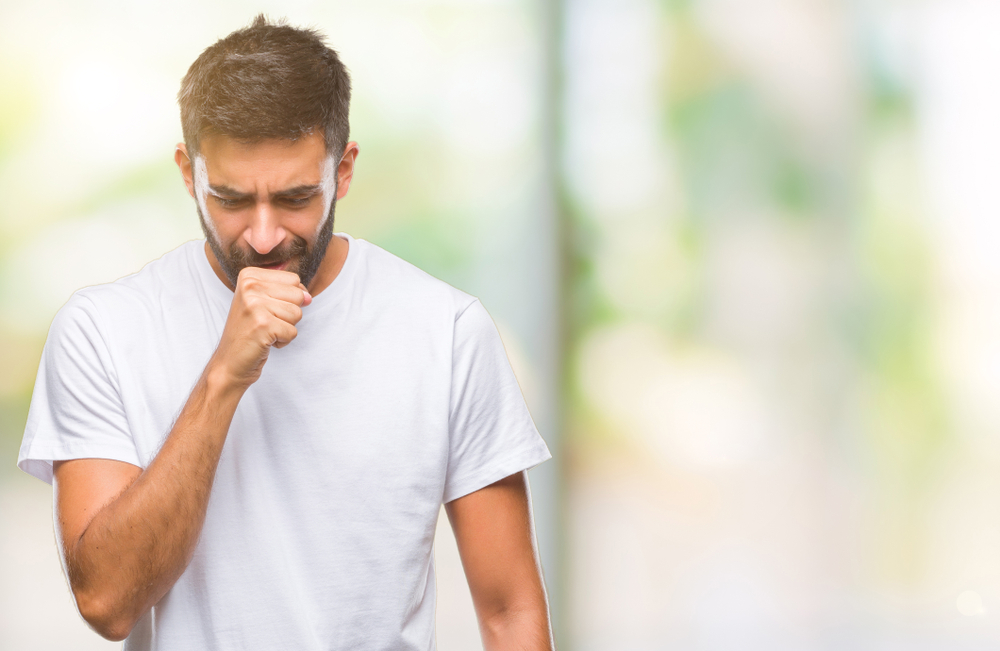We’re in the peak of the spring season, and it’s time to prepare yourself with spring allergy tips. Spring allergies can cause constant sneezing, nasal drainage, and watery eyes. However, you won’t love that to happen to you as you celebrate the new season.
Preparing for Allergy Season: Tips for Reducing Exposure
The most common cause of spring allergies is pollen. That’s because most trees, weeds, grasses, and flowers produce pollen in the air in spring. Unfortunately, high pollen levels can make your life miserable if you have an allergy.
[bctt tweet=”Don’t let seasonal allergies make your life miserable this season. These spring allergy tips can help you stay safe.” via=”no”]
Here are the tips to minimize exposure to seasonal allergies in spring.
- Check pollen counts regularly
- Keep windows and doors closed during high pollen count days
- Wash bedding in hot water to remove allergens
- Use a HEPA air filter to purify indoor air
- Wear a mask when doing yard work or outdoor activities
1) Check pollen counts regularly
Monitoring pollen counts can help you determine your risk of exposure to allergens. So before performing any outdoor task, get pollen forecasts through newspapers, online news, or TV. Then, schedule your outdoor activities when the pollen counts are low.
2) Keep windows and doors closed during high pollen count days
Consider keeping your doors and windows closed if you have spring allergies. To avoid breathing pollen-filled air, you should use an air conditioner to circulate clean air in your home. Do that in spring, especially when the pollen count is high.
3) Wash bedding in hot water to remove allergens
Wash your bedding regularly, say weekly, to remove any allergens that might have found their way into your bedroom. Ensure the water is hot to eliminate all allergens. One study revealed that hot-water washing removes 97 percent of pollen from laundry.
4) Use a HEPA air filter to purify indoor air
A HEPA filter helps to reduce the number of airborne allergens in your home. It does that by sucking in air, scrubbing it, then releasing it back into the air. As a result, you’ll have cleaner air in spring. However, HEPA doesn’t filter heavy allergens like dust mites.
5) Wear a mask when doing yard work or outdoor activities
If you are allergic but spend time outdoors during winter, consider wearing a mask when performing yard work and other outdoor activities. Otherwise, you’ll develop a runny nose, itchy eyes, and hay fever. So, use high-quality filtered masks, like the N95 masks.
Get Help from PHC
You can still have fun and enjoy during spring despite having seasonal allergies now that you know the spring allergy tips. Don’t forget to take allergy shots to boost your immune system. Allergy medication can also mitigate the risks, so let PHC help.
Contact us today to discuss your health condition with our certified health experts.




